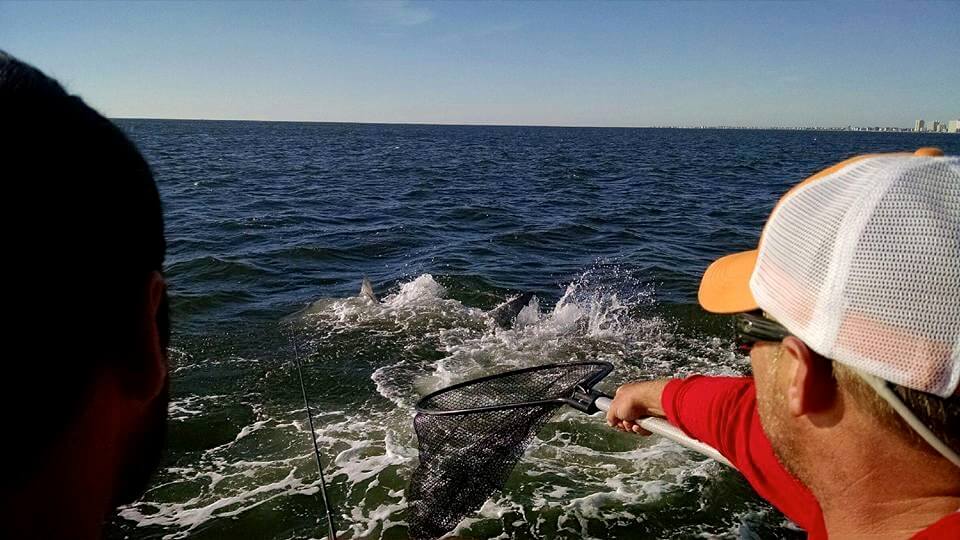
Rhino poaching in South Africa has increased more than 9,300 percent in the past decade, but British researchers are working on a new anti-poaching device that could help see a dramatic reduction of poaching during the course of the next 10 years.
Published in the Journal of Applied Ecology, Protect’s RAPID (Real-time Anti Poaching Intelligence Device) is a method of solving this problem, combining GPS satellite technology with a heart rate monitor and video camera. This provides anti-poaching teams with the ability to monitor the animals 24 hours a day, and anti-poaching teams can be dispatched within seconds of being alerted.
“With this device, the heart rate monitor triggers the alarm the instant a poaching event occurs, pinpointing the location within a few metres so that rangers can be on the scene via helicopter or truck within minutes, leaving poachers no time to harvest the valuable parts of an animal or make good an escape,” said Dr. Paul O’Donoghue, chief scientific advisor for Protect, said in a released statement. “You can’t outrun a helicopter, the Protect RAPID renders poaching a pointless exercise.”
The device already has the backing of many leading rhino veterinarians and conservationists, and is also supported by the Humane Society International.
Field trials are already taking place in South Africa. For rhinos, the camera component is implanted into the rhino’s horn. The company also plans on expanding the project to include elephants and big cats that are frequently targeted by poachers.
Ricky Gervais, a comedian and actor, also applauded Protect’s initiative with the device.
“I am thrilled to support the work of Protect. Poachers know full well they can kill rhinos and other animals with almost no chance of being caught, sometimes they even cut off the animals horn and half its face whilst it is still alive, it’s barbaric. The killing won’t stop unless we increase those chances and the Protect RAPID does just that. We finally have the technology to catch these people red handed, and if they know that then they’ll think twice before killing another beautiful rhino.”
You can find out more information about this project at http://weareprotect.org/index.html.







